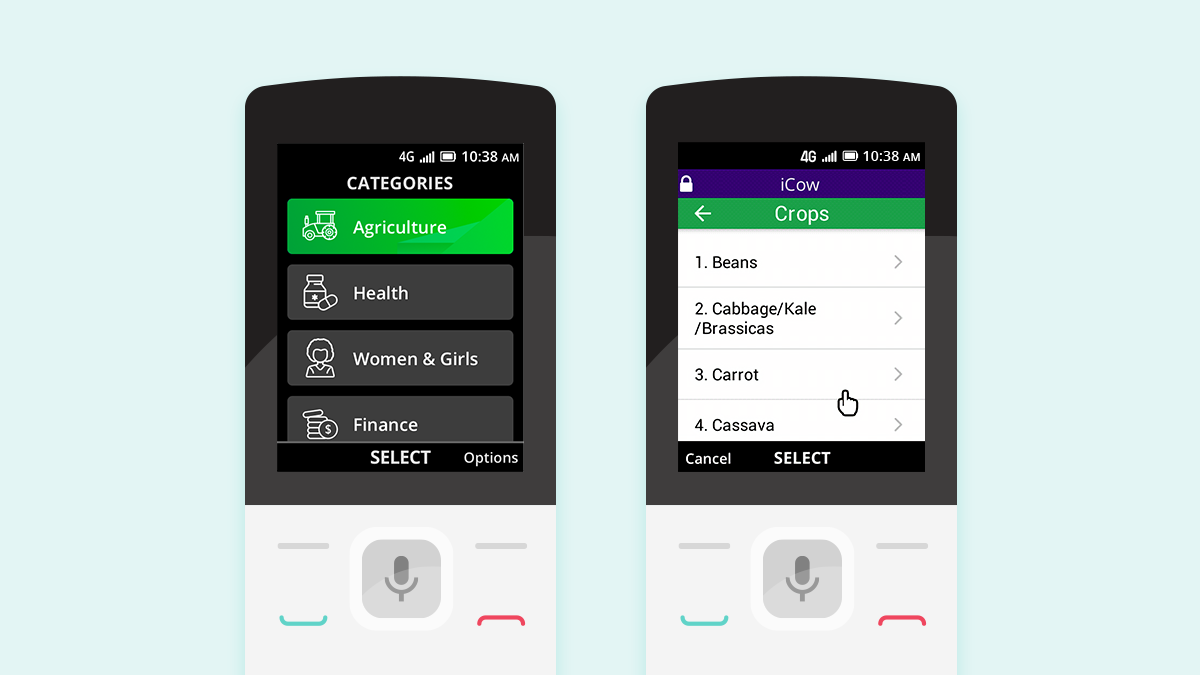
When you grow up with the internet, it’s hard to imagine life without it. But for people getting online for the first time, the internet can seem more like an amusing distraction than a life-changing tool.
Localized content—digital tools and resources designed with the needs of locals in mind—can change that.
In this post, we explore examples of apps that have helped show newly connected users in Pakistan, Indonesia, and Nigeria, that mobile internet is essential.
Pakistanis have mobile access to government services
The federal and municipal governments of Pakistan have launched apps that make it easy for people to access public services. Here are examples:
An app for reporting crimes
In the city of Peshawar, a police app allows citizens to report crimes. The app’s greatest strength is that it enables people to add photos and videos to testimonies, which in turn helps the police solve more crimes. Locals say that the app has helped reduce Peshawar’s crime rate.
A portal for making complaints
Though the Pakistan Citizen Portal, citizens can file complaints to the government and add public issues to a “watch list”. Federal and government organizations perform quarterly reviews of resolutions and regularly update the statuses of complaints.
SMS verification for health services
The National Database and Registration Authority (NADRA) has made it possible for Pakistanis to find out if they’re eligible for national health assistance as well as verify their registrations for government programs via text messages. NADRA also allows citizens of Pakistan to store health-related e-cards and biometric passports; search for social grant programs; and access the civil registration system from their smart feature phones.
Indonesians use apps for information and entertainment
Here’s a list of regionalized content that’s popular in the island nation:
Real-time public transit and traffic information
Indonesia is infamous for its traffic jams, particularly in big cities like Jakarta, which ranks 10th in the world for congestion levels. Indonesians use the following apps to navigate:
- LewatMana and Bandung 247 for traffic reports
- Komutta and Tiket Kereta Api for public transportation schedules
- GrabTaxi for connecting with nearby drivers who charge set fees
- Gojek’s GoRide for searching for ojek (motorbike taxi) drivers
Entertainment and socialization apps
Although instant-messaging app LINE is originally from Japan, Indonesia is the app’s second-largest market. Over 30 million Indonesians use it to make free voice and video calls and to access social media features similar to those offered by Instagram and Snapchat.
Nigerians use apps that improve their lives
With a booming population of over 200 million and the largest economy in Africa, Nigeria is a promising mobile market. As network coverage increases, localized apps are improving the local economy.
Free resources for farmers
Life by KaiOS combines resources from Wefarm and iCow to provide farmers with expert crop management, livestock care, and agricultural business advice. The app helps farmers increase their crop yields and monitor local weather.

Solutions for sending and receiving payments
More than 50% of the adult Nigerian population does not have a bank account. Mobile money solutions such MTN MoMo Agent enable the unbanked to make purchases and send and receive payments through their smart feature phones.
Online job boards
Jobs in Nigeria searches local job sites for opportunities. Users can sign up to receive job alerts based on specific search terms. Latest Jobs in Nigeria provides daily updates of vacancies as well as helpful career resources, including common interview questions and free CV templates.
Localized content keeps users engaged
In emerging markets, localized content is crucial for attracting and retaining the newly connected. Pakistan, Indonesia, and Nigeria are proof that, when apps address local needs, people are happy to stay connected.
Work with KaiOS to provide valuable content to newly connected users in emerging markets around the world. Contact partnerships@kaiostech.com for more information.
Excellent read, I just passed this onto a friend who was doing a little research on that. And he actually bought me lunch since I found it for him smile So let me rephrase that: Thanks for lunch!